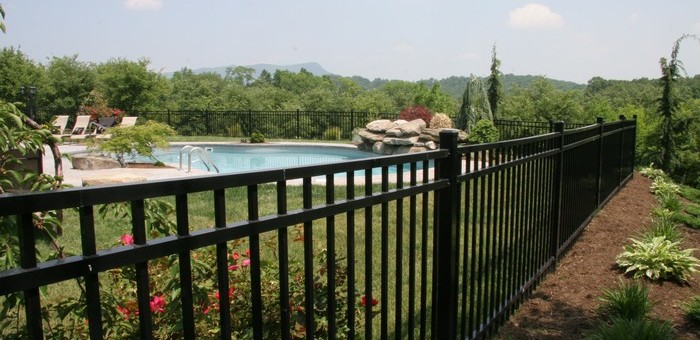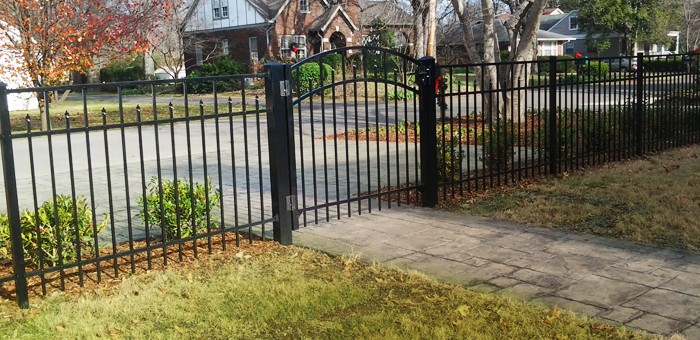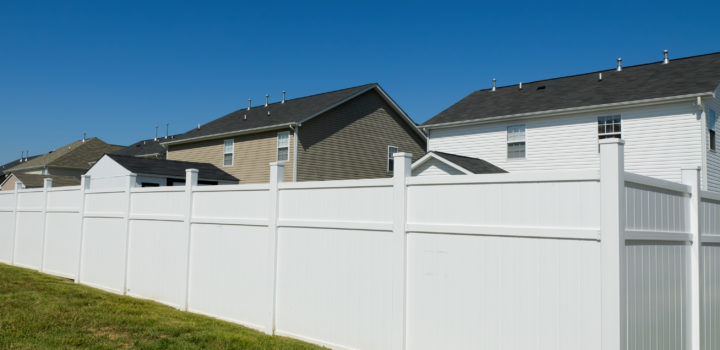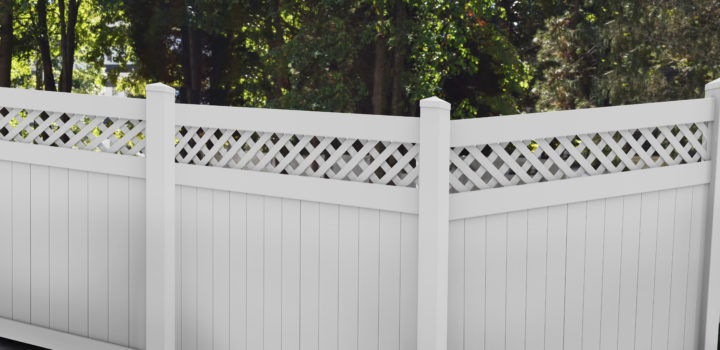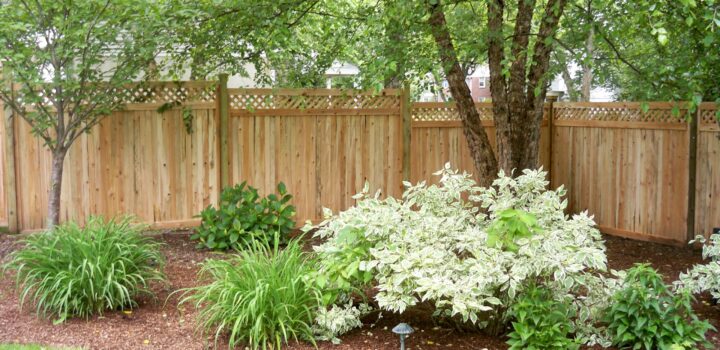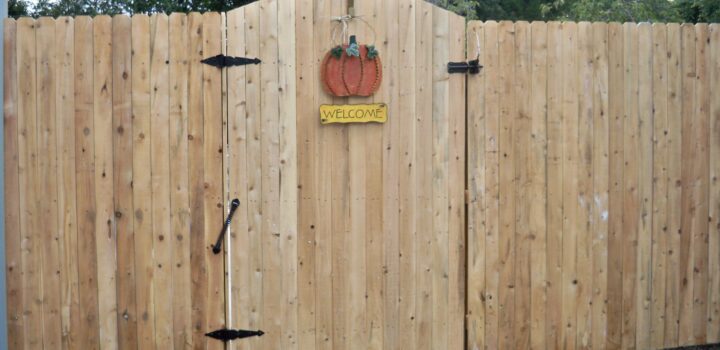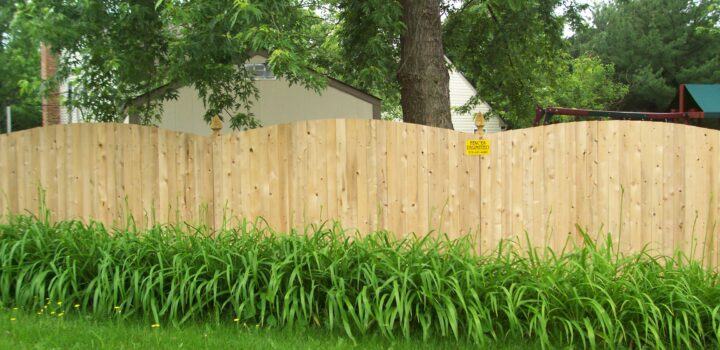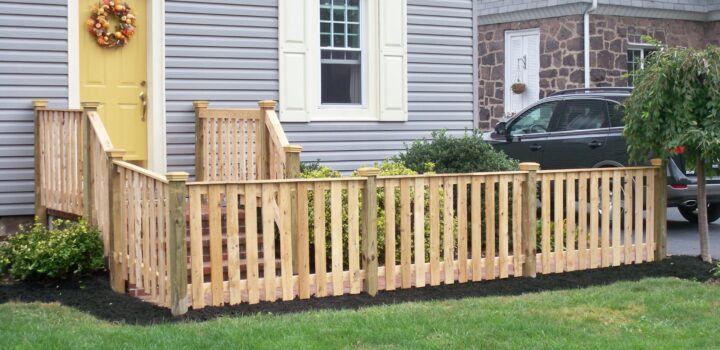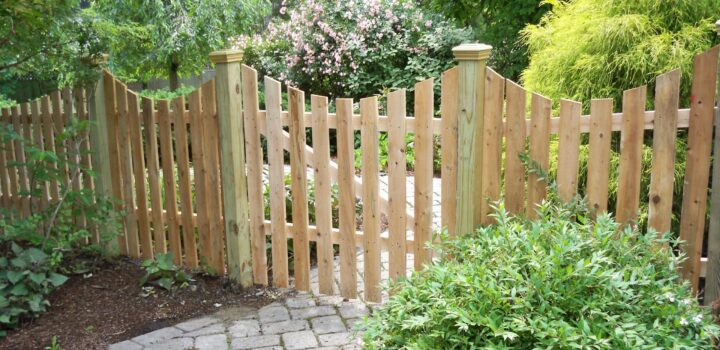As one of the leading fence companies in Delaware County, we encourage you to make a decision on the material of your fence with awareness of not only what the fence will look like, but how much maintenance it will require. Similarly, if you’re already a happy fence owner then we think it’s important for you to know how to take care of your fence to make sure it lasts as long as possible looking as pristine as possible.
And remember, if you’re looking to install a fence and need more information on which one would be the right option for you – regarding maintenance or anything else – please don’t hesitate to contact us.
Wood
Wood is by far the fence material that requires the most maintenance. The types most resistant to rot are cedar and redwood, which is why many new wood fences are made out of them. But even for them, if the wood is not pressure-treated, you should make sure that you apply a water-repellent preservative on your wood fence and keep things like sprinklers from getting the fence wet regularly. Generally, it’s a good idea to check your wood fence yearly for mildew and, if you find any, clean it away with mildew cleaner or soap and water. You should also paint or stain your wood fence every few years, depending on its condition. And remember to apply two thin coats of paint or stain.
PVC/Vinyl
These are for the most part maintenance-free fences, except they will require occasional washing just like anything else. A quick rinse with a garden hose or waiting for the next heavy rainfall should do the trick, although the tougher stains may require a little scrubbing.
Chain Link
More or less the same as PVC/Vinyl: a quick yearly cleanup with a hose and maybe some soap water with a brush should be enough for even the tougher stains.
Aluminum
Just like PVC/Vinyl and chain link, there’s no need for staining, repainting or other treatments. Hosing the fence down when it looks like it needs to be cleaned is enough, and the more thorough cleaners can scrub or power wash away those stains that aren’t affected by a regular garden hose.

